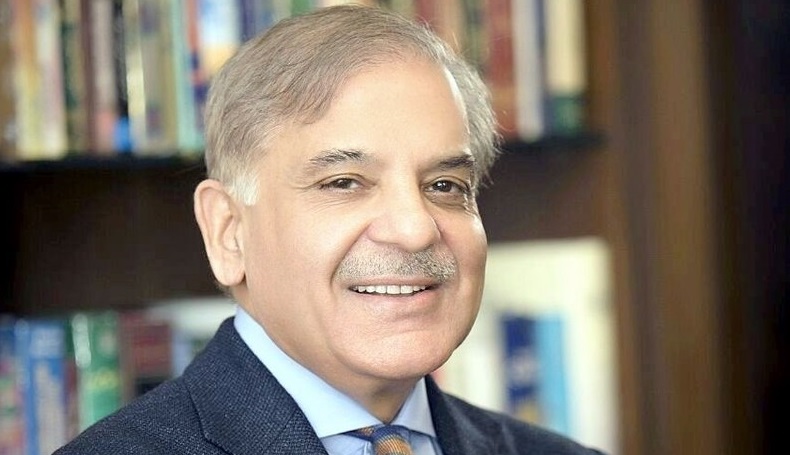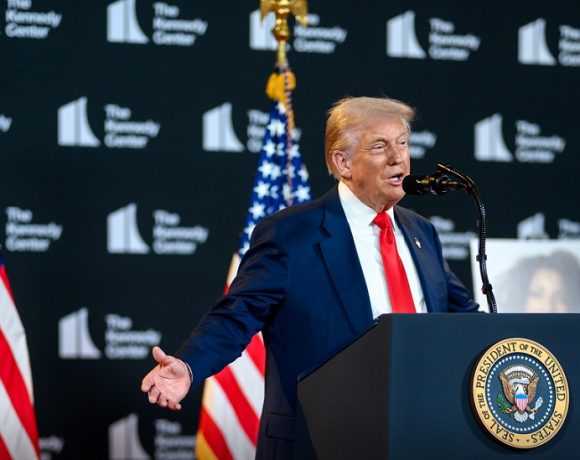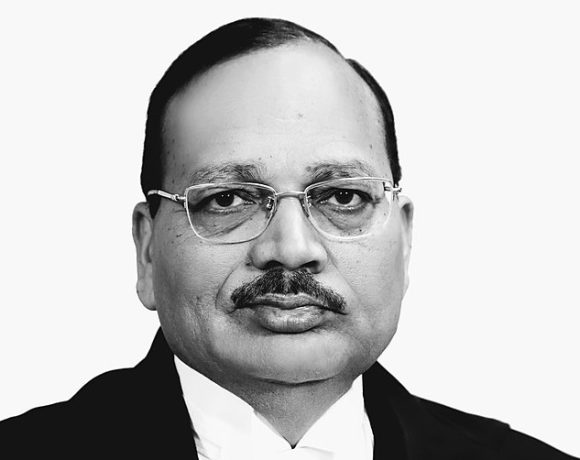
Shehbaz Sharif Backs Army Chief Munir for Political Survival
Amid rising tensions with India following Operation Sindoor, Pakistan’s domestic political landscape is undergoing a strategic recalibration. Prime Minister Shehbaz Sharif is reportedly reinforcing his alliance with Chief of Army Staff General Asim Munir in an effort to ensure his own political survival. This alignment is being seen as both a tactical and necessary move, given the fragile equilibrium of civil-military relations in Pakistan.
General Asim Munir, who assumed office as Army Chief in November 2022, was granted an extended tenure until 2027 following a swift legislative amendment passed in November 2024. The extension, passed with little opposition, highlights how deeply the military continues to influence the nation’s governance and policy direction.
Sharif-Munir Alliance Gains Strength
The growing partnership between Prime Minister Sharif and General Munir goes beyond surface-level cooperation. It is an overt recognition that political continuity under Sharif hinges on military backing. As opposition parties gain ground and public dissatisfaction grows over economic stagnation and internal unrest, the military’s support has become Sharif’s most valuable political insurance.
This alliance has also taken form through collaborative governance in economic matters. General Munir has taken a lead role in initiatives such as the Special Investment Facilitation Council, which aims to attract foreign capital and stabilize Pakistan’s struggling economy. The Army Chief’s direct involvement in economic policy reflects an increasing encroachment of the military into areas traditionally governed by civilians.
Army Chief’s Extended Tenure Raises Eyebrows
The decision to extend General Munir’s tenure has not gone uncontested. Critics from within opposition parties argue that the extension erodes democratic checks and further blurs the already fragile lines between military command and civilian control. Still, the ruling coalition pushed the legislation through Parliament with little resistance, a sign of how normalized military dominance has become in Pakistan’s governance structure.
General Munir has also been a vocal and assertive figure on national security matters. His stance against India in the wake of Operation Sindoor has only intensified military posturing on both sides of the border. His rhetoric and policy directives are seen as contributing factors to the current standoff.
Political Fallout and Public Sentiment
Opposition leaders have voiced alarm over the direction in which Pakistan’s governance is heading. There is growing concern that Prime Minister Sharif’s increasing reliance on the military not only undermines democratic norms but also risks enabling authoritarian tendencies. Public opinion remains divided. Some view the partnership as a stabilizing force during turbulent times, while others fear it signals a deepening military grip on civilian affairs.


















